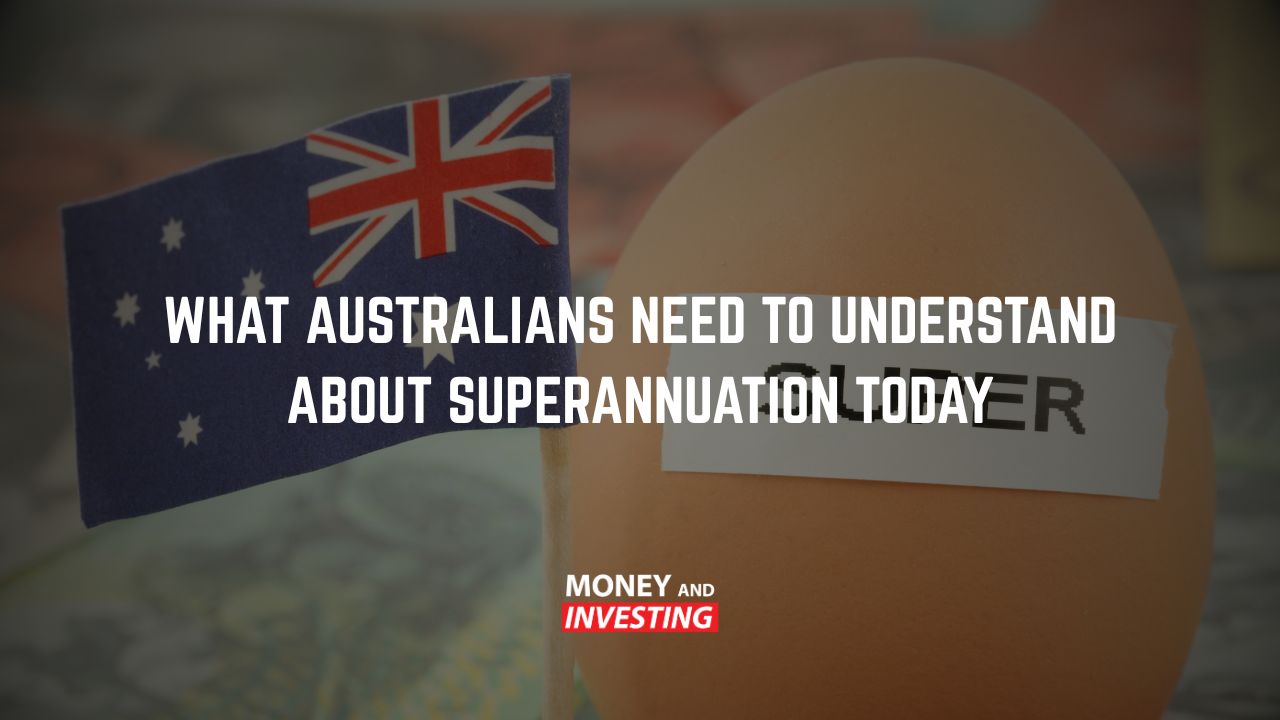The S&P 500 has delivered impressive returns recently, with a Sharpe ratio three times higher than its long-term average. This means the return per unit of risk is significantly higher compared to historical standards. The U.S. market has outperformed the Australian market, underscoring the importance of understanding and managing risk in your investment strategies.
A crucial point to consider is the relatively low cost of insuring positions on the S&P 500. For instance, the insurance cost for five months is less than 3% of the position’s value. Investors can potentially see a 9% return from the index over the second half of the year, with only a 3% cost for insurance. This presents a potential 6% risk-free return on cash.
Market Performance Review
Over the past six months, the U.S. market has seen notable gains:
- S&P 500: Up 15%
- NASDAQ: Up 19%
In contrast, the Australian equity market has only risen by about 1.8% during the same period. This difference highlights the importance of market-specific factors and economic conditions in driving investment returns.
The “Magnificent Seven,” a group of leading stocks, have significantly contributed to these gains in the U.S. The S&P 500’s performance has been one of the best since 1900, with a high probability of continued growth.
Valuation and Earnings
The current valuation of the S&P 500 is at 26 times earnings, up from 20 times a year ago. This increase reflects both the rally in stock prices and robust corporate earnings growth. Despite the higher valuations, strong earnings growth has supported these price levels, making investments in indices like the S&P 500 appealing.
Risk Management and Protection
Given the current market conditions, it’s essential to manage risk effectively. One strategy involves holding a protected position on the S&P 500, where the insurance cost is relatively low. This approach can provide a potential risk-free return, enhancing your overall investment strategy.
Factors Influencing Market Outlook
Several factors will influence the market outlook in the coming months:
- Central Bank Policies: The Federal Reserve’s clear communication on interest rates has provided market certainty, contributing to the strong performance in the U.S. In contrast, the Reserve Bank of Australia’s less transparent approach has led to uncertainty.
- Earnings Growth: Companies, particularly in the tech sector, have shown significant earnings growth, driven by advancements in AI and efficiency improvements.
- Geopolitical Risks: Trade tariffs, potential conflicts, and the upcoming U.S. election could introduce volatility and impact market stability.
Conclusion
Investing in the current market requires a strategic approach to risk management. Utilizing protective strategies and understanding market dynamics can help you navigate through uncertainties and capitalize on potential returns. As we move forward, monitoring central bank policies, corporate earnings, and geopolitical developments will be crucial in making informed investment decisions.



